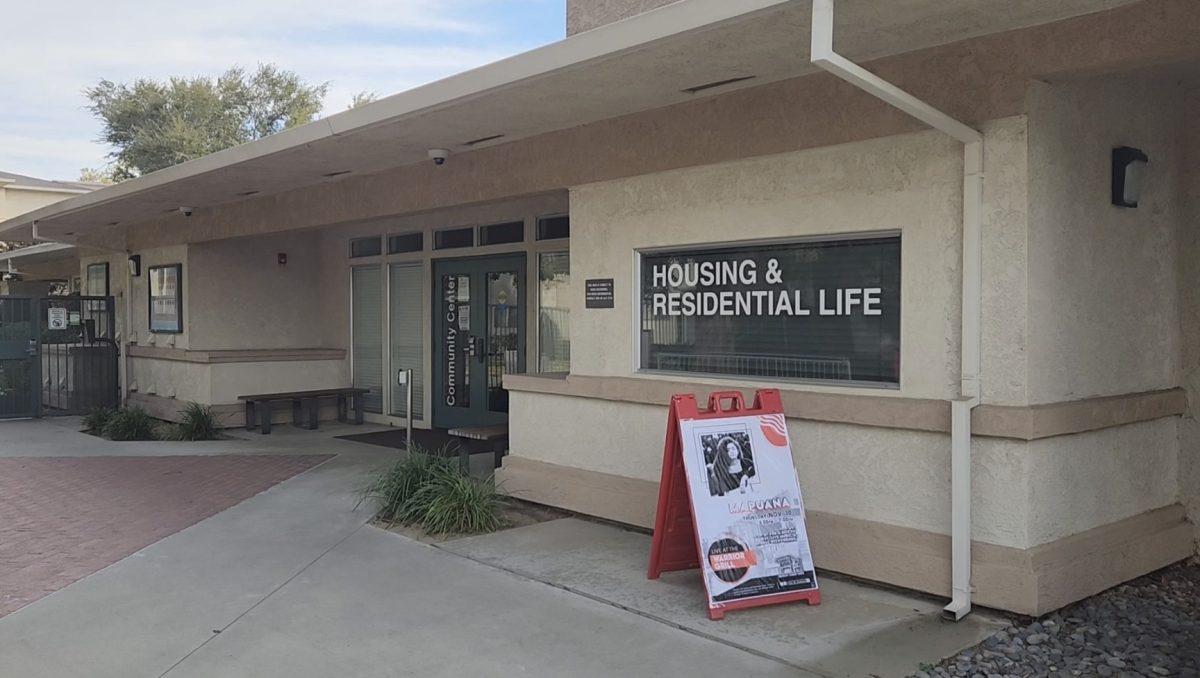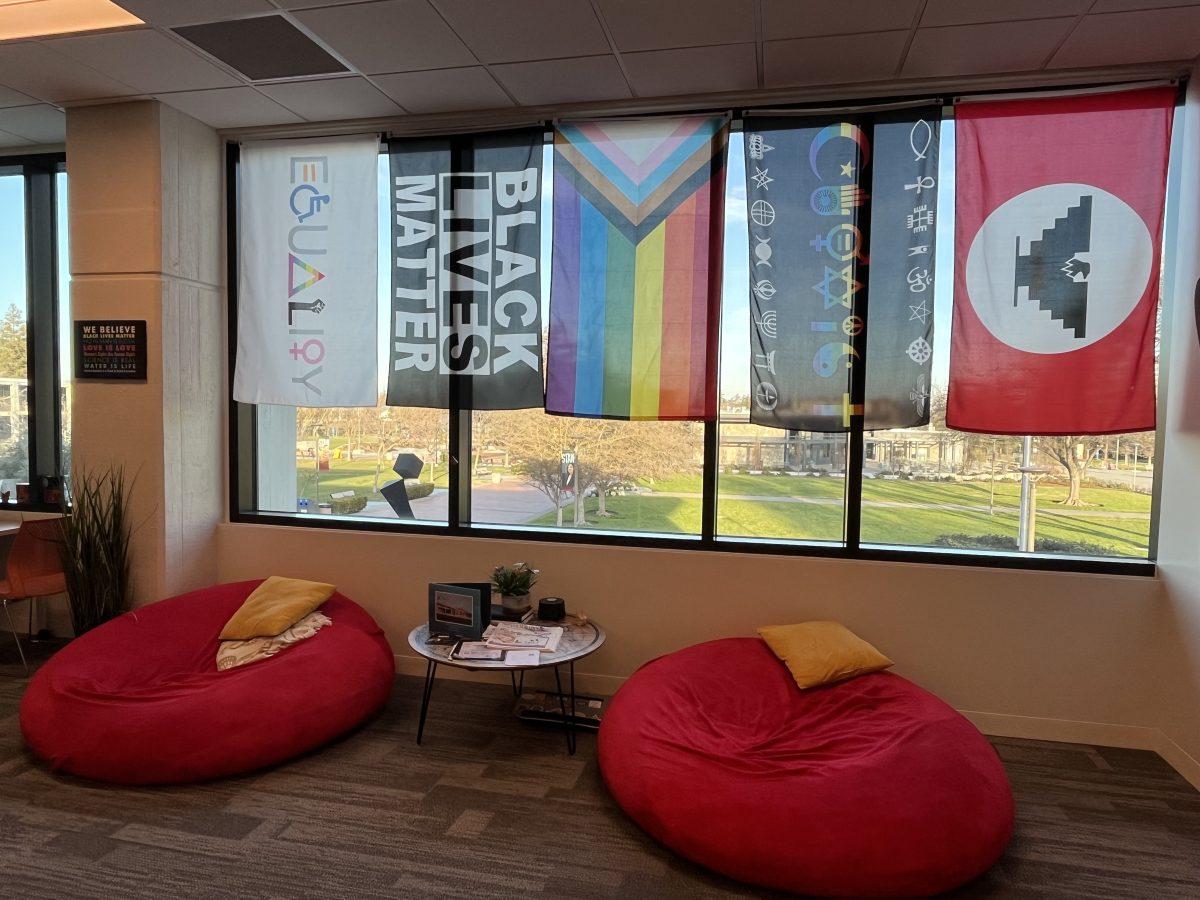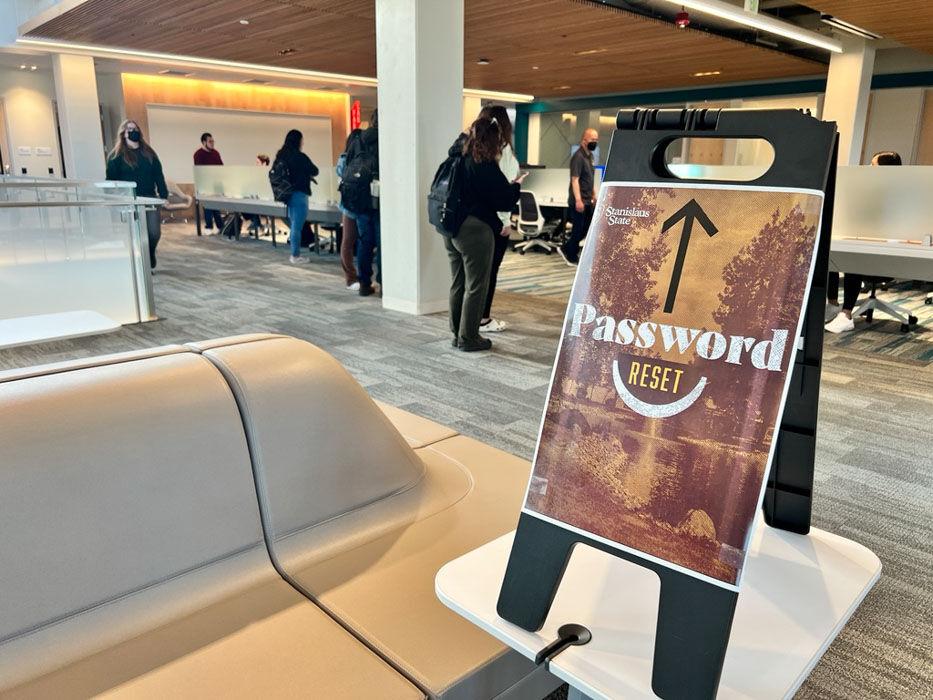It has happened to all of us.
Everyone has taken a break from online shopping to catch up on some social networking and bam, there is an ad next to the news feed featuring the same watch open on the other tab.
This is more than a coincidence.
It is a glimpse at the constant web-based espionage.
There is no such thing as privacy on the internet today. Merely clearing search histories and cookies is not enough to keep online activities private.
“Google it” has become an all too familiar response to questions that remain unanswered in run-of-the-mill conversations. While beginning to type a question, the great and powerful Google magically helps finish the phrase.
But Google doesn’t only exist to help its users obtain all the information they could ever want as quickly and efficiently as possible. It has an ulterior and extremely lucrative motive.
Google is described as a search engine, but it also tracks those searches, sells that information to create personalized ads and tracks IP addresses.
Google is only a small part of the issue at hand.
Ten years ago, the creation of social networking sites opened the floodgates to today’s complete lack of digital privacy.
Facebook, Twitter, Instagram, LinkedIn and other social networking sites allow friends, strangers and companies to take a detailed glimpse into your life more than ever imagined possible.
Personalizing security settings on these sites allows you to make an attempt to control the extent by which others can discover your personal information.
It is a smart idea to never post anything that you could potentially regret posting or do not want publicly known.
Even if you aren’t the one posting, a friend can tag you in an embarrassing picture that was taken at a New Year’s Eve party.
Once noticed and untagged, the photo may never completely disappear.
Many social networking sites have automatic settings that track your whereabouts and even map them out for others to see.
Connect is a new, and some would say creepy, app that allows users to track the location of online friends without their permission.
When users check-in or don’t turn off location services on different networking sites, their picture, information and most recent location pops up on the Connect map.
In an article on Engadget, Tim Stevens writes that in 2010, a Pennsylvania school district had the brilliant idea to provide some high school students with laptops.
This was not so brilliant when the district was caught spying on the students at home via the cameras on the provided computers.
If we can’t even trust the school systems with what seems to be a virtuous offer of technology for further learning, then whom can we trust?
I am not trying to express that one should be paranoid of using the internet.
The internet is a way of life today for staying in touch with loved ones, procuring information and entertainment.
However, we must be aware that privacy while using the World Wide Web has become nonexistent.
Categories:
Nonexistent privacy on the world wide web
By Margaret Duncan
•
March 10, 2014
0
Donate to Signal
Your donation will support the student journalists of California State University, Stanislaus. Your contribution will allow us to purchase equipment and cover our annual website hosting costs.
More to Discover






